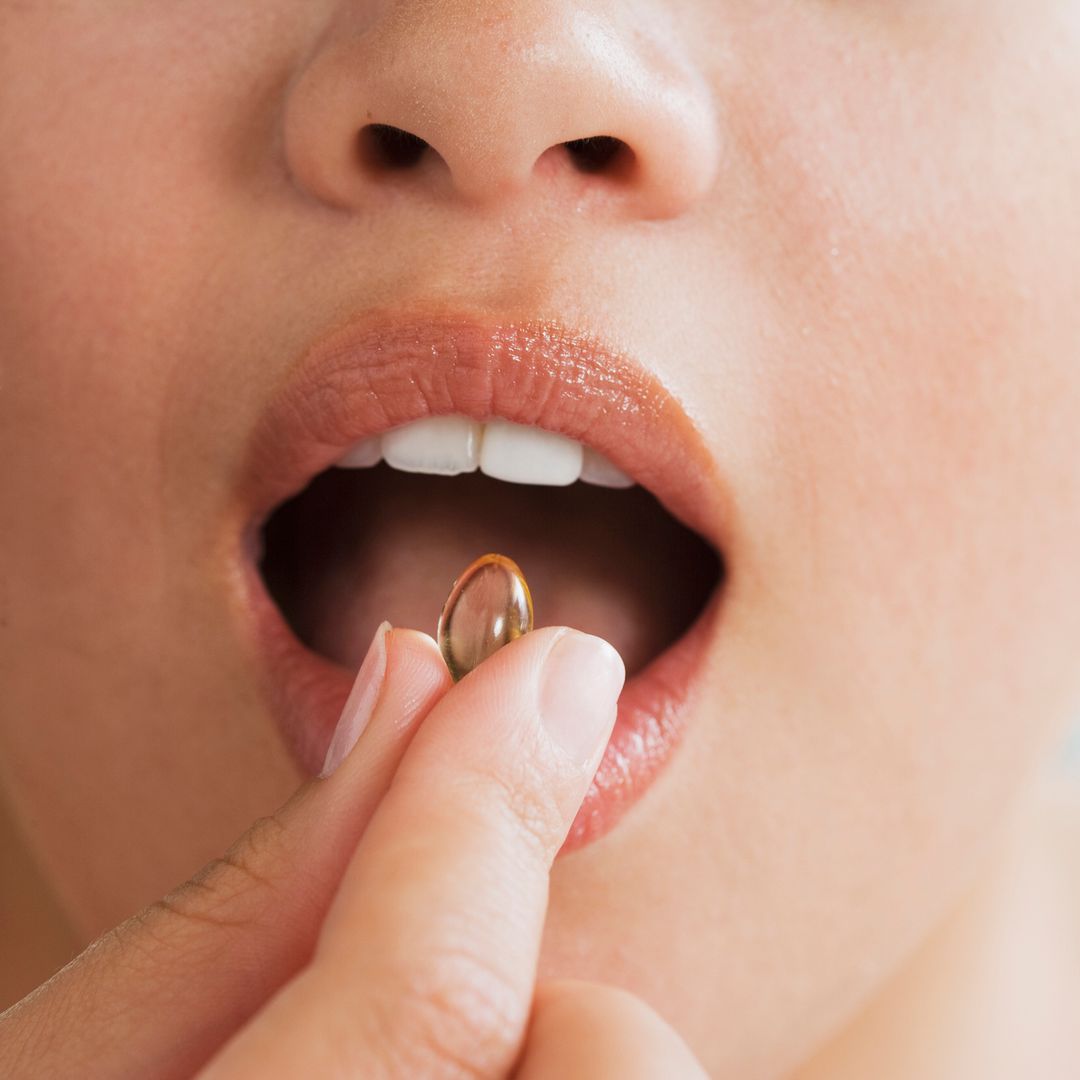The holiday season is often described as the most wonderful time of the year, but for women navigating perimenopause, it can sometimes feel like the most overwhelming. Between the festive cooking, parties and shopping to the emotional highs and lows that comes with reuniting with family and friends, staying calm and present can be a challenge.
To help us keep our cool and enjoy the holidays, Dr. Allie Sharma, a psychiatrist and co-founder of Being Health which specializes in women’s mental health, shares her expert advice. From reconnecting with joy to the importance of sleep and movement, these practical strategies will help you not only survive the holidays but thrive through them - no matter what perimenopause throws your way.
Reconnect with joy and reflect on what it means to you
Dr. Sharma emphasizes the importance of reconnecting with activities or traditions that bring you joy. Reflect on past traditions - decorating the tree, baking cookies, or watching holiday movies, and ask yourself if these activities still bring you happiness. If not, it might be time to explore new traditions.
“A lot of mental health is really making sure that you're taking care of yourself so that you can take care of others,” Dr. Sharma notes. “And I know that sounds simple, but it is so important.”
If you’re so lost that you’re unsure of what brings you joy, Dr. Sharma suggests to start with journaling: list moments or activities that spark happiness during the season and then do them. Also, she advises to be open to experimenting with new holiday rituals that might resonate better with your mood.
Walk your way to calm
Movement, especially walking, is a simple yet transformative tool during perimenopause. And according to Dr. Sharma, walking helps manage anxiety and other symptoms, offering a calming effect, especially during those stressful festive moments. The busy holiday period might feel overwhelming, but carving out time for a brisk walk can provide mental clarity and an essential reset.
“I think walking is great, and I always recommend my patients to walk more and get their steps in. I think that can be really helpful when we are having all these symptoms and anxiety - it's just so purifying.”
Dr Sharma suggests trying walking with mindfulness practice: focus on your breath or the sounds of nature as you move. Or why not make it festive? Walk through neighborhoods with holiday lights or visit a nearby Christmas market. Just aim for a daily step goal to keep yourself accountable and motivated.
Prioritize sleep: it’s your holiday superpower
"Sleep is non-negotiable," advises Dr. Sharma, recommending seven hours a night as a healthy average. For those who’ve always thrived on less, Dr. Sharma says that’s ok: just honor your body’s natural rhythm. “I do know some people are 6 hour a night sleepers, and they’ve been like that forever, and that’s ok. But if you don't know, then let's just say 7 as a good average.”
ALSO READ: I suffer from perimenopausal insomnia but this small but effective fix changed everything
If your sleep patterns have recently shifted during perimenopause, Dr. Sharma advises to consider adjusting your habits to promote better rest. Poor sleep during perimenopause can worsen anxiety, irritability, and even physical symptoms, making holiday stress feel more intense.
Establishing a pre-sleep routine: dim lights, avoid screens, and try calming activities like reading or meditating will help maximise your shut eye, and sticking to a consistent sleep schedule, even on festive nights will help keep you in control of your zzzz’s. And if hot flashes or night sweats disrupt your rest, keep your bedroom cool and use a sheet as well as your comforter so you can switch them over accordingly.











